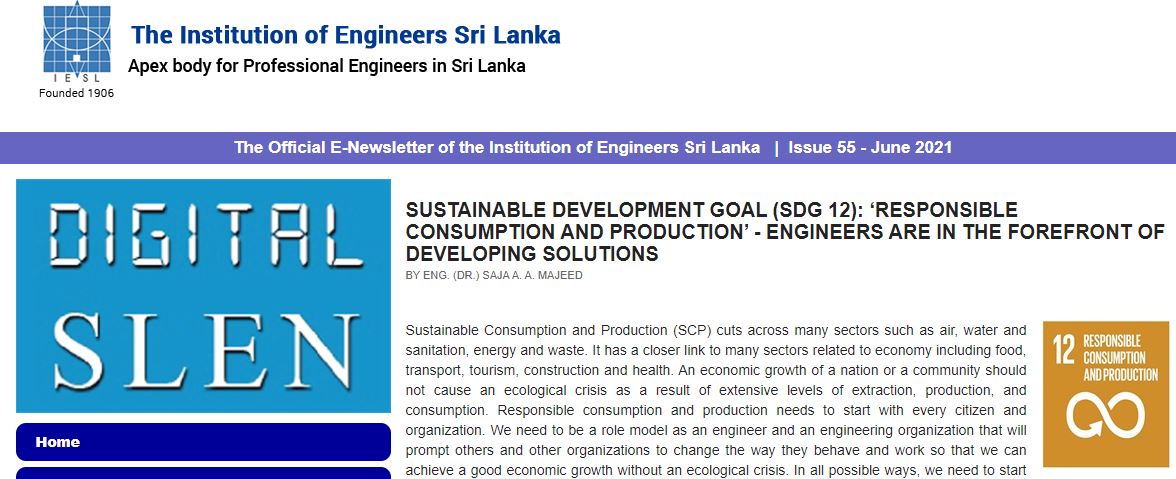Engineering sector ‘crucial’ to effective disaster response
Engineering sector has a ‘crucial’ role to play in responding to natural and man-made disasters. Leading engineering firms and institutions in UK recognized that “Engineers and engineering companies are a crucial centre of instant disaster response; there are so many examples of where [engineering] skills can help.”
Support from the engineering community would assist the government in making its disaster response effort the very best as noted by one of the CEO’s of the leading engineering company in UK.
We need to explore ways as to how the engineering sector and government and non-governmental bodies can work together to improve response to humanitarian crises caused by natural disasters such as floods, drought, Tsunami and cyclone.
We could identify number of common goals and challenges in disaster response, including the need for:
- Improved understanding of the ‘culture of modern humanitarianism’ amongst the engineering sector and awareness of how disaster response works in practice;
- Stronger technical partnerships between the government, the engineering sector and NGOs, particularly in the planning phase of disaster response and recovery;
- Improved information sharing between government and the engineering sector, allowing engineering companies better access to disaster-related data and research;
- Better awareness of the unique skills and competencies the engineering sector can bring to the various phases of disaster response – as well as recognition of the legal and financial limitations on private sector companies and their personnel;
- A move away from the ‘corporate social responsibility’ agenda with greater awareness of the need for companies to make a profit, however small;
- A local rather than global approach to disaster preparedness and response, utilising skills and resources already available at a local level, where possible;
- Future discussions to be focused around key thematic areas for cooperation.
One of the leading disaster response charities, RedR’s UK office CEO noted that “The role of engineers in emergencies is as important today as it was in the 1980s. What has changed over three decades is the context. Humanitarian response is very different in 2012, but it still needs cutting-edge engineering thinking, planning, coordination, innovation, leadership and skills. That’s what the engineering sector – including the engineering sector at a local level – can bring to the table, helping to save and rebuild more lives when disaster strikes.”
Sri Lanka, as one of the developing economy in the world is also prone several deadly natural disasters which can bring enormous economic losses as we have seen in 2011 floods in the North, East and Northern-Central parts of Sri Lanka. As Engineers and Engineering companies we need to be prepared to face these challenges and need to integrate risk reduction strategies in our annual plans sooner than later to make our development effective.
Aslam Saja (B.Sc.Eng (Hons), M.Sc.Eng, AMIESL)
(Adapted from a news release by RedR UK)
2012.02.08







